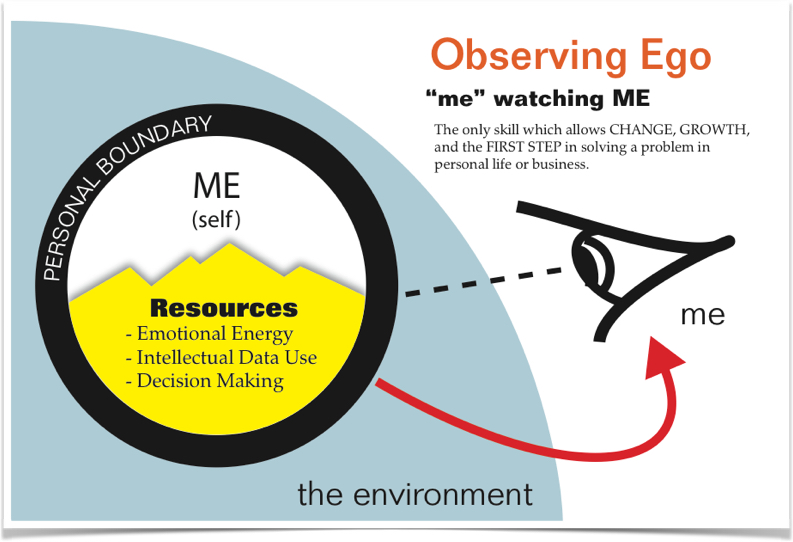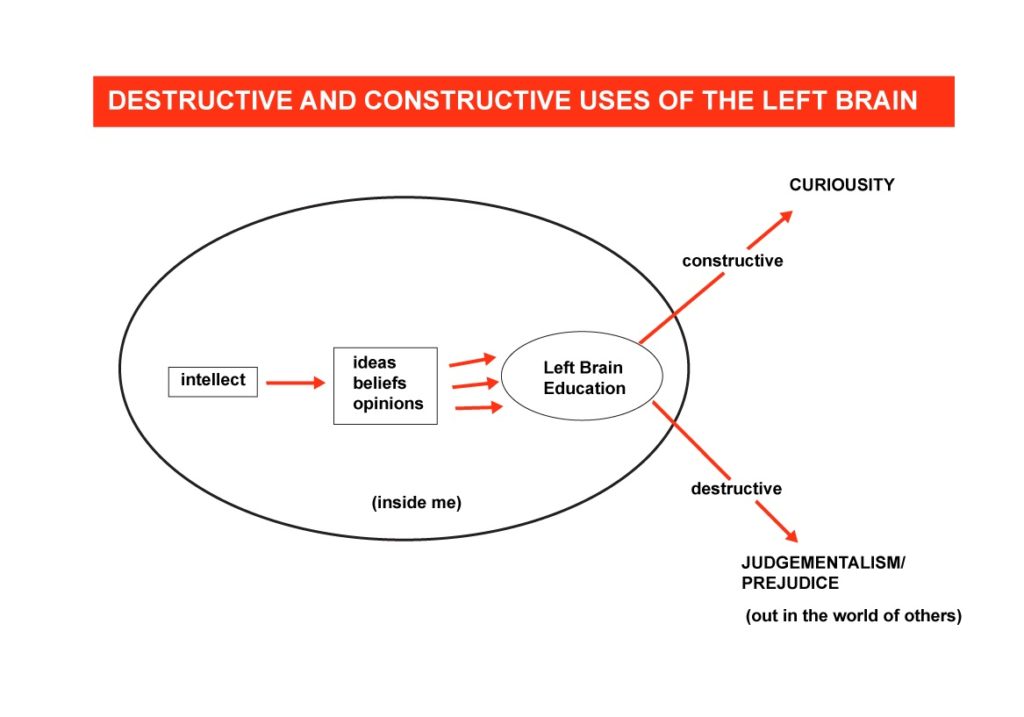Curiosity is the master skill of committment, and you might not suspect that at first. We cannot effectively communicate if someone is not interested, and we can't compromise or collaborate effectively if we can't communicate. And so the 4 Skills of Committment - Curiosity, Communication, Compromise and Collaboration must be developed in that order, between us.
In fact, if you encounter a prospective mate who lacks curiosity, you ought to not even get started in dating with them. It will rob you of resources, time, energy and money, and lead to no commitment at all.
Think of these four skills, in order, as going from "interest" in one's partner (and self), to "connection" with them, to "synthesis" of identity and goals, then finally, "unity" with each other in a new, action-oriented form.
Likewise, the four "commonalities" or traits that we may have in common, think of as, "how-to" (for intelligence), which comes before "balance of interests and resources" or "pooling of resources" (which comes with maturity), followed by "why do this thing" (that comes from an examination of one's personal and shared beliefs, otherwise, why do the thing?), and then "execution" (which is the nuts and bolts of going for the specific goal, in how we perform.)

We have to pay enough attention in the first place about something if we are to maintain a curiosity about it. Curiosity needs to not be distracted, but rather, to pay close attention to the matter at hand. Observing Ego stops us from losing our focus, but also our interest, causing us to not overvalue minor advantages to a relationship, or to devalue the little things that might actually make it the perfect relationship for us. Observing Ego, plus the detail-oriented “right-brain” contribute to curiosity.
This is perhaps one of the most subtle skills of commitment, in that many people consider themselves curious people when in reality, they only have desire, or craving, or are somewhat narcissistic and self-absorbed.
Curiosity is by its nature, an interest in learning about something or someone which we are not already knowledgeable about, but open to learning about. One could call it, "open-mindedness," or "flexibility," but it is most certainly the opposite of the intellectual narcissism types, called "judgmentalism," "prejudice," and "ignorance."
As such, it is an absolute requirement for the maintenance and stability of a long-term, committed relationship, because while we may be slow to change on the inside as a couple, the outside world of stress will most certainly be shifting and changing around us.
We need to be able to adapt to this as partners, and to do so, we must take an open and willing stance on learning new things about ourselves, each other, and the world we live in.
If we don't, we end up "dead weight" in the relationship, leaving the other partner to "face the real world" without our input, making us also appear disinterested in the very commitment, goals, and preferences we swore to pursue together.
BACK TO SKILLS OF COMMITMENT


